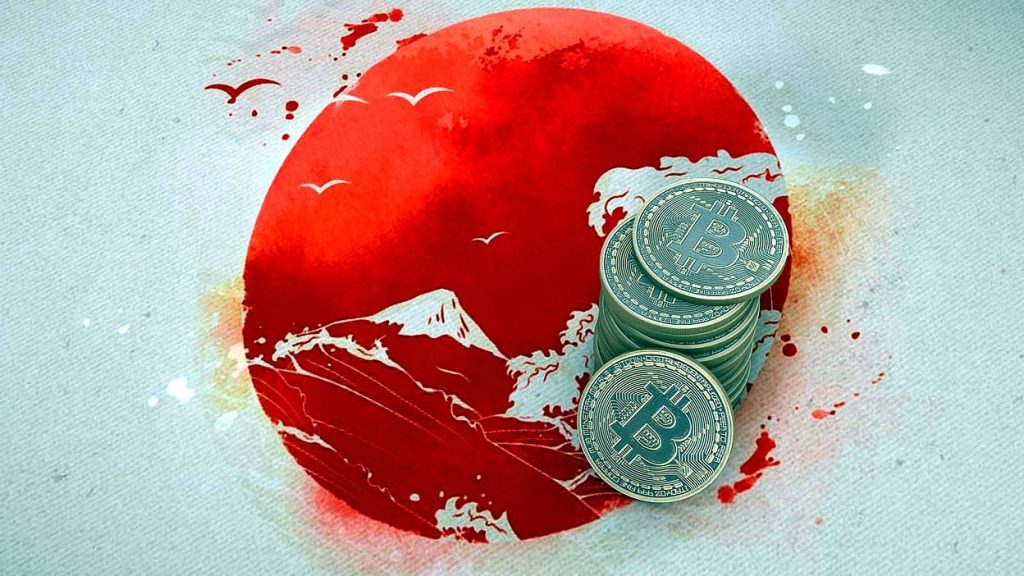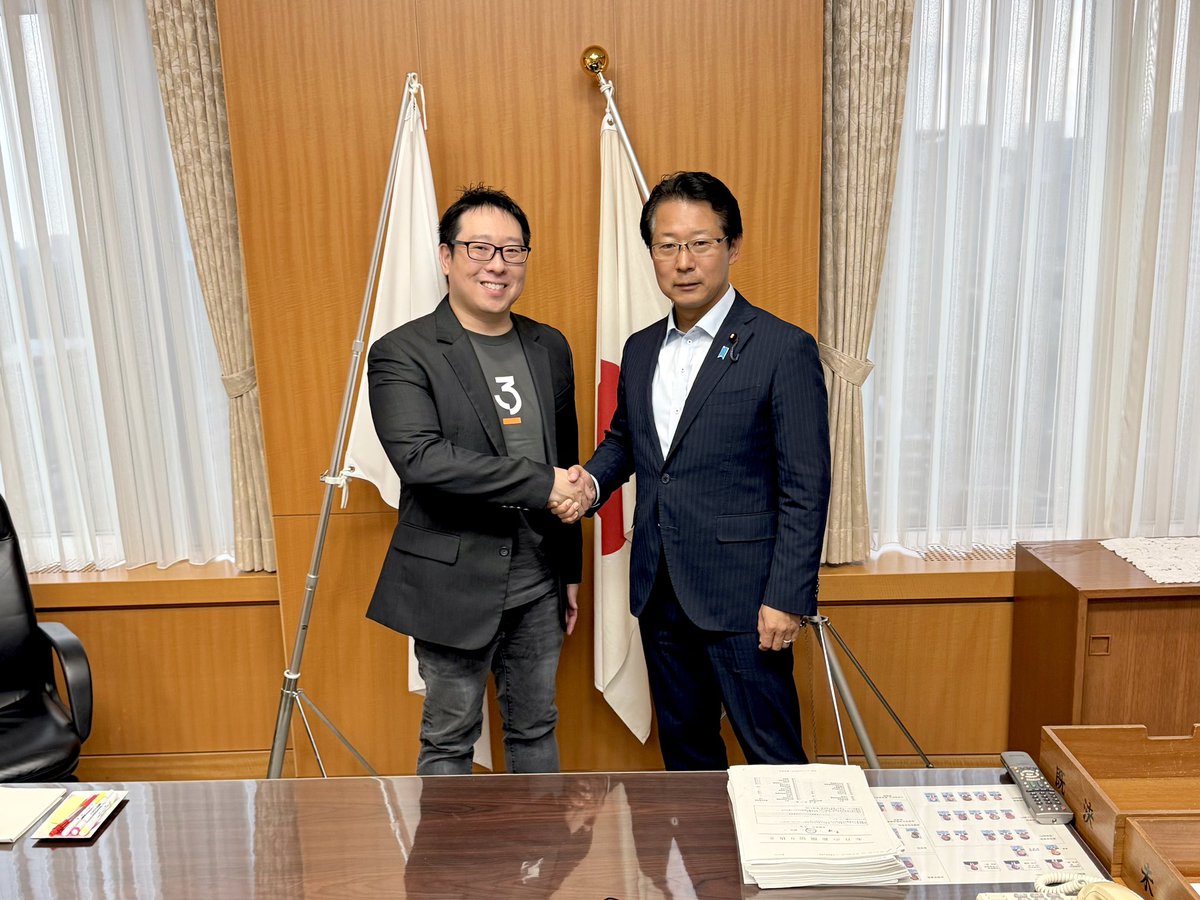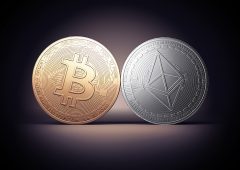Samson Mow Meets Japanese Vice-Minister to Discuss Bitcoin
20.09.2024 14:04 1 min. read Alexander Stefanov
Renowned Bitcoin maximalist and JAN3 CEO Samson Mow met with Junichi Kanda, Parliamentary Vice-Minister of the Cabinet Office.
The two discussed the potential for Bitcoin in Japan, local and global adoption as well as implications of strategic Bitcoin reserves.
Japan is known to be a crypto-friendly country. The Payment Services Act defines “crypto-assets” as payment methods that are not denominated in fiat currency and can be used to pay unspecified persons. There are no restrictions on owning and investing in cryptocurrencies.
Additionally there are major investment companies, such as Metaplanet (also known as the japanese MicroStrategy), which build investment strategies around cryptocurrencies such as Bitcoin.
According to a survey from financial services firm Nomura Holdings and its digital asset arm Laser Digital, 54% of institutional investors in Japan plan to invest in cryptocurrencies.
The study approached 547 investment managers, including institutional investors, family offices and public-service corporations.
Despite this positive outlook, Japan is still hesitant to approve Bitcoin and other crypto ETFs.
Nevertheless, the country is known to be open-minded toward new technologies and innovation, with crypto, blockchain, and AI continually reshaping its economic landscape. This progressive stance fosters an environment where emerging technologies can thrive, encouraging investment and participation in the evolving digital economy.
-
1
Bitcoin Shouldn’t Be Taxed, Says Fund Manager
07.07.2025 9:00 2 min. read -
2
Bitcoin Enters new Discovery Phase as Profit-Taking Metrics rise and outflows dominate
06.07.2025 8:00 2 min. read -
3
U.S. Lawmakers Target El Salvador With Crypto Sanctions Plan
10.07.2025 15:00 2 min. read -
4
Strategy’s $60 Billion Bitcoin Portfolio Faces Mounting Risks, CryptoQuant Warns
10.07.2025 16:36 3 min. read -
5
Esports Giant Moves Into Bitcoin Mining
05.07.2025 13:00 2 min. read
Biggest Bitcoin Miner Will Raise $850M To Buy Bitcoin
MARA Holdings, Inc. (NASDAQ: MARA), a leading digital infrastructure and Bitcoin mining firm, announced plans to raise $850 million through a private offering of 0.00% convertible senior notes due 2032.
Crypto Market Slips on Senate Bill and Altcoin Leverage Risk
The crypto market dropped 1.82% over the last 24 hours, ending a multi-day streak of gains.
Elon Musk’s SpaceX Moves $150M in Bitcoin
SpaceX has moved 1,308 BTC—worth roughly $150 million—to a new wallet address, marking its first on-chain activity in more than three years.
Here’s When the Bitcoin Cycle May Peak, Based on Past bull Markets
According to a new chart shared by Bitcoin Magazine Pro, the current Bitcoin market cycle may be entering its final stretch—with fewer than 100 days remaining before a potential market top.
-
1
Bitcoin Shouldn’t Be Taxed, Says Fund Manager
07.07.2025 9:00 2 min. read -
2
Bitcoin Enters new Discovery Phase as Profit-Taking Metrics rise and outflows dominate
06.07.2025 8:00 2 min. read -
3
U.S. Lawmakers Target El Salvador With Crypto Sanctions Plan
10.07.2025 15:00 2 min. read -
4
Strategy’s $60 Billion Bitcoin Portfolio Faces Mounting Risks, CryptoQuant Warns
10.07.2025 16:36 3 min. read -
5
Esports Giant Moves Into Bitcoin Mining
05.07.2025 13:00 2 min. read



